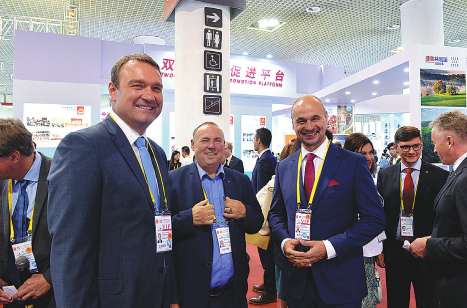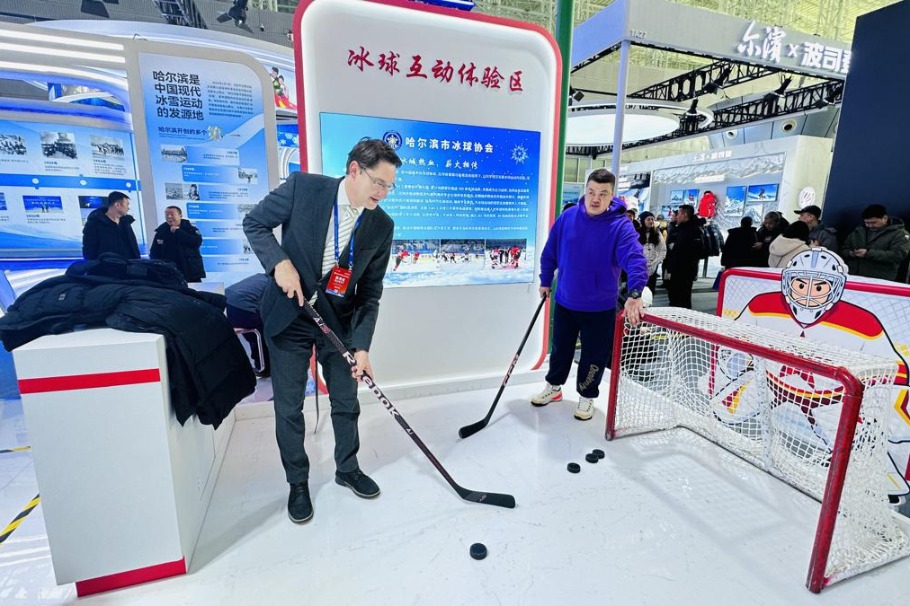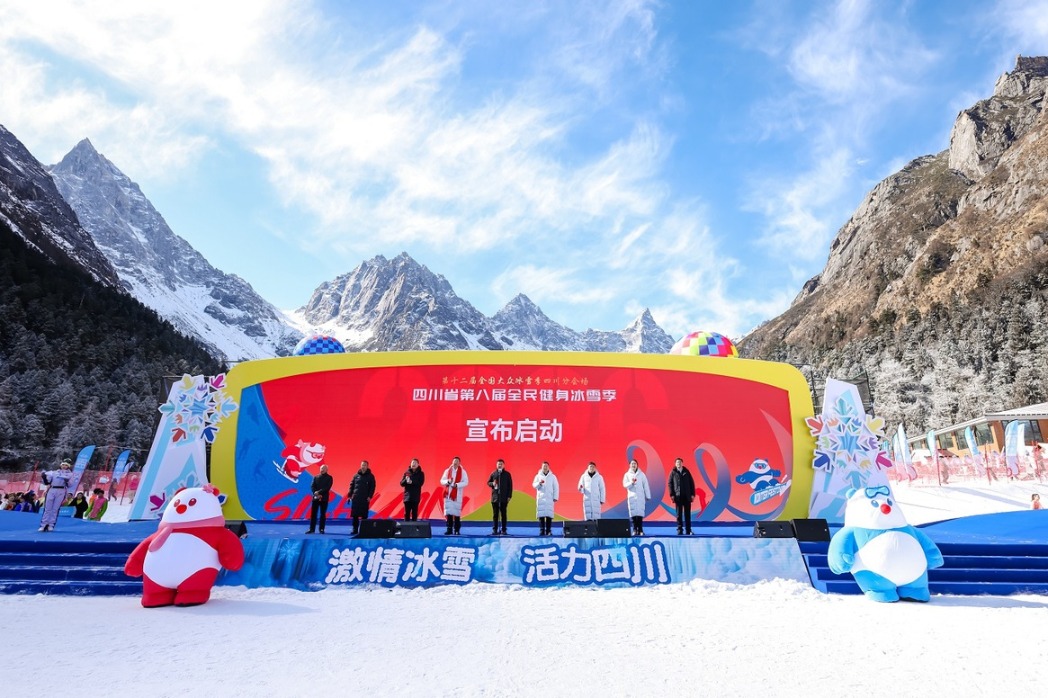Multinationals say variety of strategies key to China success


Successfully employing a range of different strategies, the development of multinational corporations in China has benefited from the nation's unique market and the support of personnel and technology, key speakers said at the Multinational Corporations Investment and Development Prospects seminar on Friday in Xiamen.
Global food processor OSI Group, headquartered in the US city of Chicago, has more than 50 facilities spread through 17 countries in the world.
The company first entered China in 1991 and has set up factories in Hebei, Henan and Fujian provinces and Shanghai.
The group has invested more than $1 billion in China, according to Lyu Yong, vice-president of OSI China.
Lyu told the seminar that economies of scale gave multinationals an advantage in the quality of products and services, but challenges remained.
"With changing regulatory standards and China's progress in food safety standards, we need to achieve more transparent operations," Lyu said, adding that these included daily inspections and remote video checks.
OSI said it continues to upgrade its operation system and introduce advanced process technology, facilities and quality assurance management systems in China.
According to Lyu, in the past three years OSI invested more than $10 million in upgrading factories in Shandong, Hebei and Henan, and gained their approval to export to the European Union, Japan, South Korea and China's Hong Kong.
"Cementing relationships with governments and partners is also important to us," Lyu said. OSI said it fulfills its social responsibility in various ways, such as the launch of poverty alleviation projects in Longnan county in eastern Jiangxi province and donations to build a canteen in Xingxian county, in northern Shanxi province.
Li Jie, executive vice-president of government affairs at Jaguar Land Rover, said that auto companies were bound by the Chinese government's rules for the industry, that foreign investors were limited to a maximum 50 percent stake in joint ventures.
Li said Jaguar Land Rover was in the process of ramping up its R&D investment in the country, building a local team to develop new products.
"The auto industry is facing unprecedented challenges, because of digital technology and global IT enterprises, such as Google, Baidu and Huawei," Li said.
"These companies have changed the manufacturing methods and created new consumer demand."
Li said rapid evolution toward the driverless car and the arrival of car sharing were examples. Auto producers are moving toward the concept of being personal mobility providers rather than merely manufacturers, as they grapple with wider trends in modern motoring.
"Jaguar Land Rover will also invest in sharing vehicles in the future," Li said.
Meanwhile, Yang Lili, vice-president of Signify Greater China, said that her company had changed its name from Philips Lighting because of the group's strategic adjustments to developments in the wider marketplace.
"The LED industry in China is developing rapidly and it currently has a 50 percent market share of the industry worldwide," Yang said.
- What's next in AI development? A tech pro's lens
- Beijing mandates helmets for e-bike users, bans scooters
- Judicial guideline streamlines maritime dispute resolution nationwide
- China rolls out festive campaign to boost sustainable agricultural consumption
- China set to establish early pregnancy clinics across 10k hospitals
- Cold front coats Guizhou mountains in rime





































